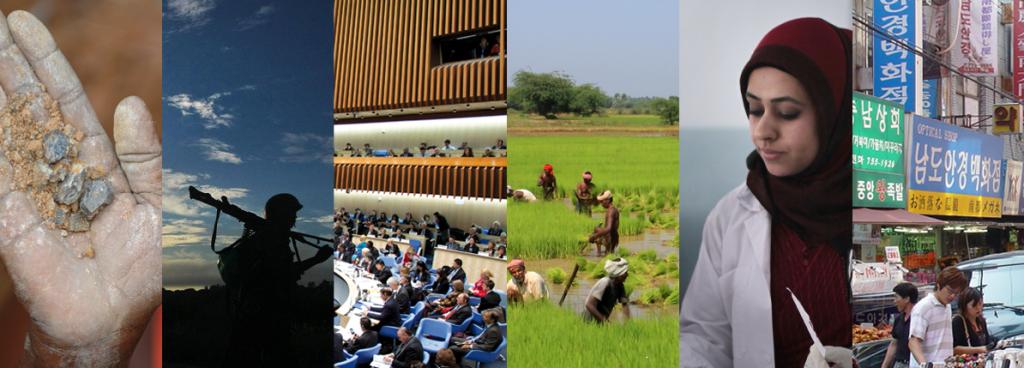Rosie Sims, a third year PhD candidate, has recently been awarded the Wenner-Gren Dissertation Fieldwork Grant (2018) to study bio-egineered mosquitos. Dissertation Field Grants are awarded to support doctoral and thesis research in anthropology to ensure that this discipline continues to be a source of dynamic work, presenting innovative solutions that advance our understanding of humanity's social and cultural development.
Her project, "Towards a Brave New World: Understanding New Configurations of Virus, Vector, and Human Relations in Colombia," focuses on a global health intervention that is being rolled out in the city of Medellín, which involves the release of bio-engineered mosquitos as a form of biocontrol against diseases such as zika, dengue, and chikungunya. As part of the World Mosquito Program, these Aedes aegypti mosquitos are infected with a strain of Wolbachia bacteria to impede the transmission of viruses to humans.
This project follows the various actors involved in such a process that makes the natural “safe” to live with. Through an ethnography of science-in-the-making, this research intends to understand how new technologies of vector control depart from existing rationales of eradication and embody the radically different idea of "living with" mosquitos.


